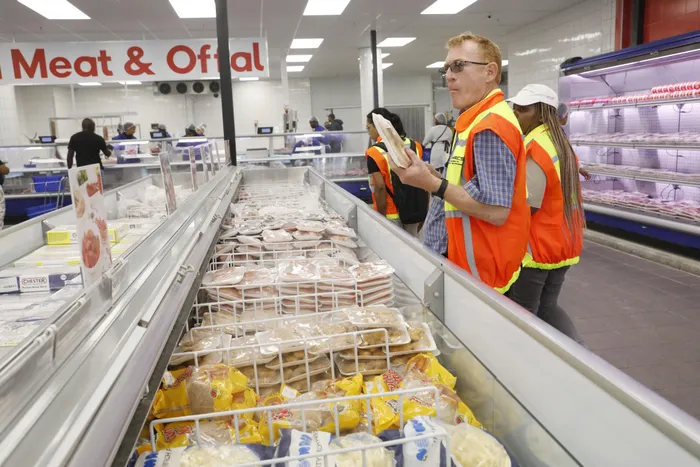
Botha identifies ten practical grocery hacks specifically tailored for South African shoppers eager to reclaim financial control.
Image: Doctor Ngcobo/ Independent Newspapers
As South African households grapple with the rising cost of living, particularly food inflation, savvy consumer advice comes from Reinier Botha, the founder of Southern Finance.
"Food prices may be rising, but consumers can take control of their spending with the right approach," Botha states. By implementing strategic shopping habits, families can significantly cut their grocery expenses without sacrificing the quality of their meals.
Botha identifies ten practical grocery hacks specifically tailored for South African shoppers eager to reclaim financial control:
Botha emphasises that these strategies require a blend of planning, attention, and consistency. “Small changes in shopping behaviour compound over time. Families who implement even a few of these tips can see savings of 20–30% on their grocery bills each month,” he said.
In an economic climate where food inflation looms large, Botha’s advice rings clear: plan your shopping, shop smart, and take advantage of every tool at your disposal.
Following these suggestions can empower families to maintain nutritious diets while keeping their financial burdens at bay.
“Grocery shopping doesn’t have to feel like a financial squeeze. With preparation and a few strategic choices, you can stretch your rands further every month,” Botha added.
BUSINESS REPORT